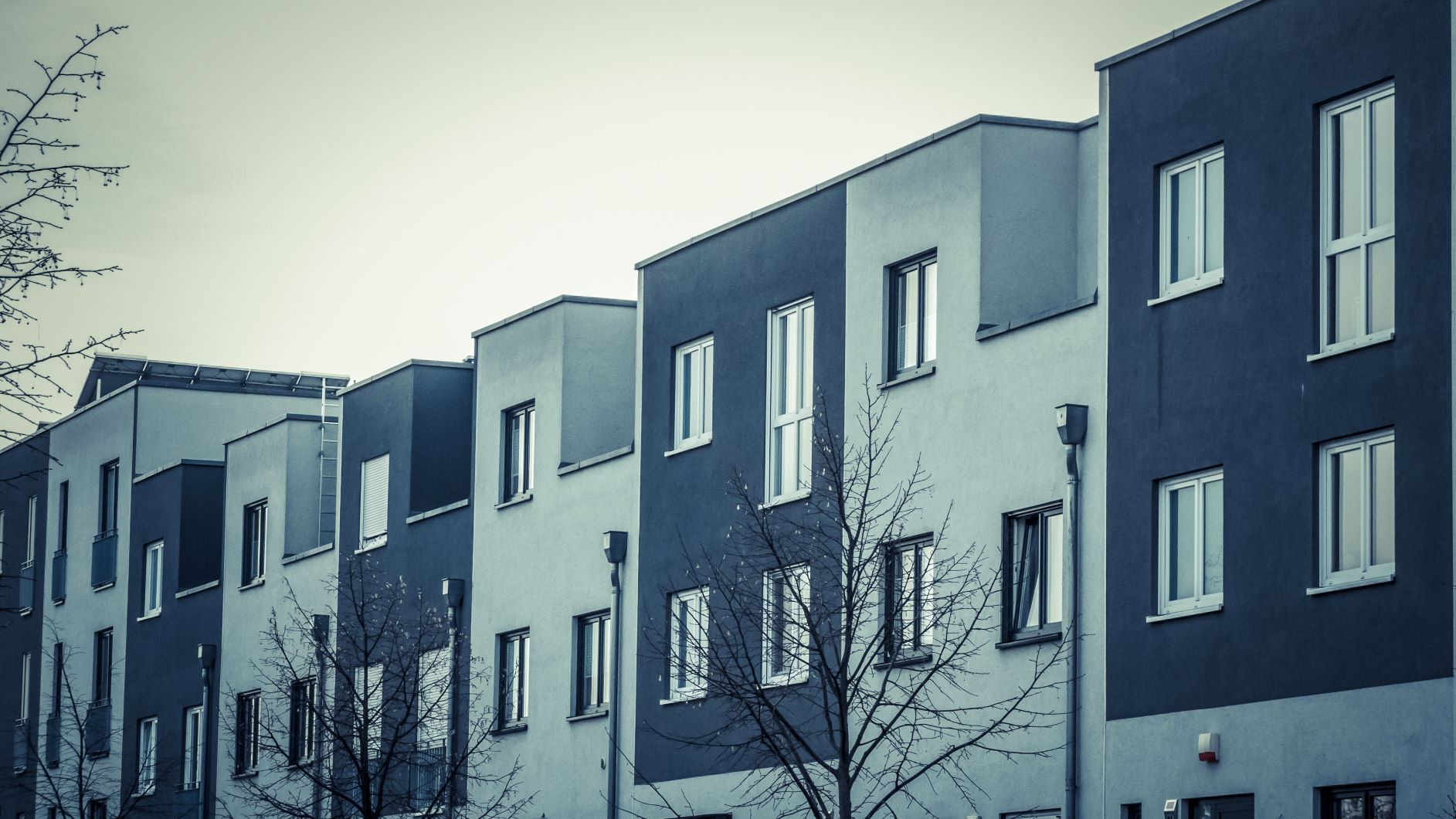8 Reasons Student Rentals Make Good Investment Properties
Let’s talk about investing in student rentals (aka student housing)—an area of real estate that’s near and dear to my heart, because it is the area that I got my start in.
I know what you’re thinking: “Student housing is scary.” That’s what I thought when I first started, too. And it can be!
There is that connotation when it comes to student housing that it’s just a dangerous and high-risk game, where you have students trashing the place. If you’re not careful, that can be true.
But the reality is, student housing is a bonafide area in real estate. There are companies that have built their business models around student housing.
And some of the unique aspects of student housing is really what I want to get into here. So, I’m going to talk about some of the benefits of student housing and how some of the returns you can get are even better comparatively to other areas in residential and commercial real estate.
Pros of Renting to Students
1. High enrollment
Despite tuition increasing in the United States, Canada, and other areas in Europe, there still seems to be a great demand for undergraduate and graduate degrees. Student enrollment continues to increase and some of it in certain states and countries is actually record-breaking. I believe in the U.K., in 2018 and 2019, the number of undergraduate applications surpassed any previous year.
So, we’re still seeing a huge demand. And as you know with real estate, that’s a huge component of how you’re going to perceive your longer-term outlooks. With other types of real estate, job growth and demographics are the most important indicators.
But in this case, when it comes to student housing, that’s really your proxy. Applications and continued application can indicate growth in a certain area or around a certain university.
Related: 4 Vital Tips for Tapping Into the Lucrative Niche of Student Housing
2. High demand
Universities just can’t keep up with the demand. If you’ve gone to university in the recent past, you’ve come to realize that the actual housing on campus often is only offered to first-year students. That wasn’t always the case for a lot of universities. That was the accommodation for students.
But because the actual supply is just not available on campus any longer, we’re seeing developers come in and build purpose-built student apartments for students outside of campus. And we’re seeing that all across the country, as well as in other markets across the pond.

3. Recession-proof
You hear the term “recession-proof” thrown around all the time. And sometimes it’s valid; sometimes it’s not. Student housing actually is a genuine area, in my opinion, that is as close to recession-proof as possible.
In many areas, an economic downturn can actually have the opposite effect on student housing compared to what happens in other areas of real estate. During a recession, more people do apply. When job prospects don’t look good for people who are about to enter the labor market, they see staying in school and perhaps getting an undergraduate degree (or an undergraduate student getting a master’s degree) as their best available option.
So, you still see that demand there—even during a recession.
When I first started investing, it was ’07/’08 and that was all student housing. We really saw no dip in vacancy in the student markets that we were in, despite dips in vacancy in the market abroad.
4. No chance for 100% loss of income
One nice thing here is that you usually don’t have 100 percent loss of income. What I mean by that is, when you have for example a single family house rented out to one family, if that family leaves, you’re now down at zero income—0 percent to 100 percent, that’s a big swing.
With student housing, for instance, the first property I bought had five students. They were each paying something like $500 or $550. And when you had one student leave, you still had 80 percent of your income coming in. In terms of your actual vacancy, sure, it’s not ideal. But it’s not as bad as losing your full income.
There were times where I had student housing that had eight students, lost two or three of them at one time, and then filled that spot a few months later. But you still don’t have the big wipeout down to 0 percent, given the demand in student housing.

5. Turnkey
We’re seeing actually a lot of turnkey student investments. And what that is, is we’ll see developers buy large apartments or condominiums and either sell the condominiums or rent out the actual apartment units.
In that case, you can purchase smaller units within a larger complex and have a relatively turnkey investment where they manage it. And that’s part of their business—you really don’t have to think about anything.
Related: Student Housing Is My Best-Performing Investment (But Yes, There Are Some Drawbacks)
6. Concrete structures
The great thing with these places is they’re often built concrete-based. So, the actual amount of damage a student can do in there is relatively limited. I heard one investor say they’re built like prisons—and the funny part is they are.
7. Less delinquency
If I told you there is a guaranteed investment, you’d probably think I’m crazy. But student rentals are actually one of the closest things. You do get a guaranteed income. I can’t remember how many times I’d have parents guarantee—actually signed guarantees—for their students. It’s not uncommon in student areas.
And the reality is, I have actually in my student rentals seen less delinquency than any other area in real estate. I think the reality is, when somebody is going to school, they’re going to school for a purpose.
Plus, a lot of times it’s the parents who are paying. Not all the time—but I find when the students are the ones actually paying, they’re even more prone to make sure that the rent payment goes in on the first of the month.

8. Maintain market rents
For any of the states that have rent control—by that I mean a specific time where you can’t actually raise rent until you have a new tenant—that can be such a pain. If you have long-term tenants that are paying such a low amount, you can never “mark to market” as they would say.
With student rental investing, what’s great is that you will have a new crop of students every two, three, four years—you’re always going to be able to mark to market. So if you’re in one of those states or one of those provinces where you have rent control, you’re always going to be able to get new students in, because they finish their degree and then they go live wherever they’re going to work or they go back to their hometown or home city.
The Bottom Line
So what I’ll say in summary, when it comes to student rentals, they are a great investment. And sometimes you can get some of the best returns with this area.
Now, you should be careful. There is, like any investment, risk associated with it. But in our business, it’s all about trying to find where that risk is and being able to contain it.
With student rentals, I feel a lot of people look at it and turn away immediately. There’s just this bad connotation that comes with students and housing—and it really doesn’t have to be that way. Even if you really don’t want to manage yourself, there’s always third party management.
That’s another beauty about student rentals: If you have an area, a university/college town that’s booming with students and development, what else is there? There’s usually property management companies that are full service and know how to manage students and do the administration. This is especially great since it can be a little bit more laborious when it comes to students, because there’s a bit more turnover.
Questions? Comments?
Let’s talk below.
